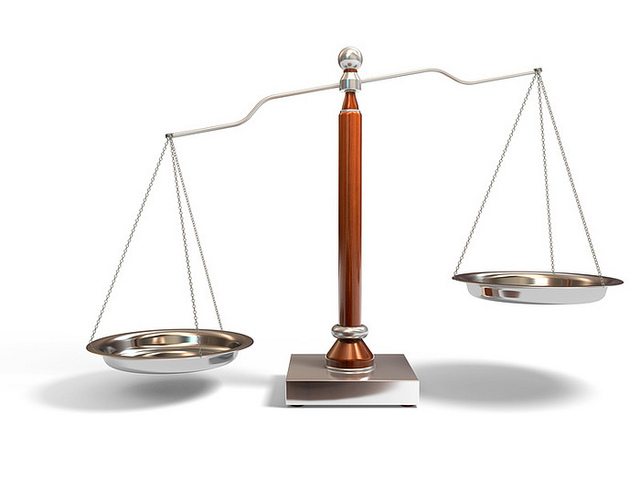Your doctor will tell you that optimists have longer, healthier, and happier lives. Your business, however, may thrive better with a bit of pessimism that lets you plan for disputes, instead of allowing them to surprise you (and sap your company of time and money).
Everyone knows that litigation takes too long and costs too much. Even so, everyone’s natural inclination is to believe that their case is different or better than others, and that justice will prevail (i.e., that they will win). The problem is that once you and your opponent start down the litigation path, it is difficult or impossible to stop. The more you fight and spend on litigation, the more you and your lawyer convince each other to battle on (and the same is true for your opponent). Avoiding, or reducing, litigation costs, primarily requires planning and some common sense.
Plan Your Dispute Handling
First, when negotiating a contract of any kind, include one or more provisions that explain how, where, and by whom disputes will be handled. A contract can require a period of negotiation before any legal action, mediation, arbitration, or a combination of procedures.
Although they are sometimes confused, mediation and arbitration are very different processes. Mediation involves hiring a neutral person to help negotiate a settlement, usually through shuttle diplomacy. Ordinarily, the parties will share the cost of the mediator. Although a mediator has no authority to decide a case, a good mediator can often help the parties reach agreements they could not reach on their own. In fact, in many of my cases, we have structured new business arrangements to settle disputes that allow the parties to move forward instead of continuing to waste time and money on past grievances.
In arbitration, the parties essentially hire a private judge to decide their dispute. Arbitration can be much less expensive than litigation, because the parties can pick an arbitrator who understands their business and who can focus on their case. In addition, an agreement to use arbitration can include terms to limit the duration of the case, discovery, or other costly litigation processes.
Deal with Problems Quickly
Second, deal with problems quickly and openly. Small problems in business, employment, or customer relationship usually don’t go away. When small problems are ignored or hidden, they often multiply and grow larger, until they explode into destructive (and costly) disputes.
Maintain Lines of Communication
Third, if you nonetheless find yourself in litigation, try to open and maintain lines of communication with your opponent (no matter how much you dislike him or her). The odds are that that your case will never make it to a trial; 95% of lawsuits are settled or thrown out. Often, the only difference between effective and poor management of lawsuits is simply how long it takes to reach an inevitable settlement.






